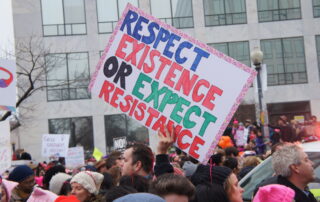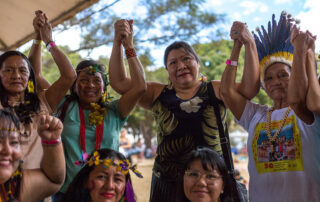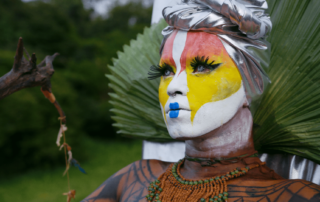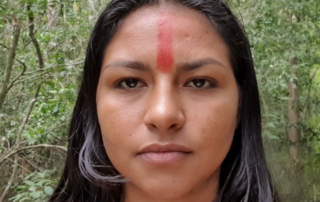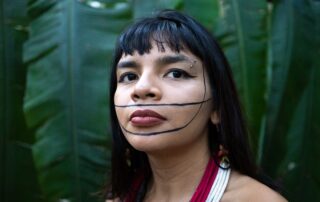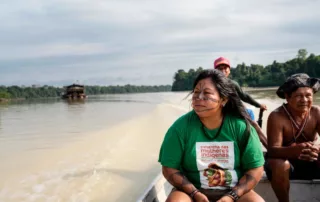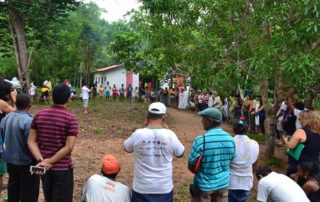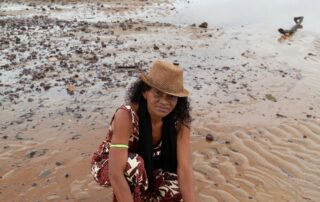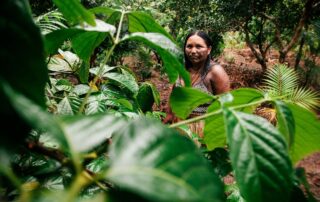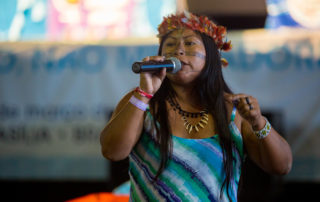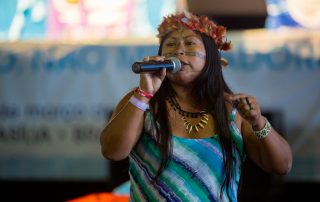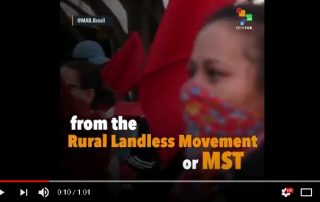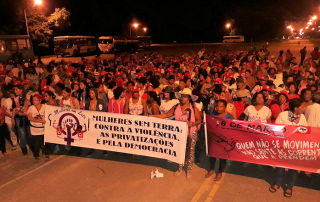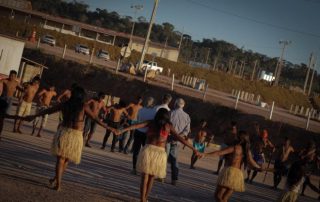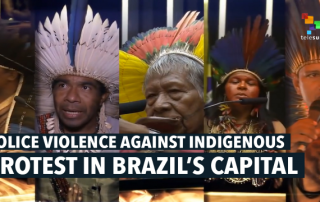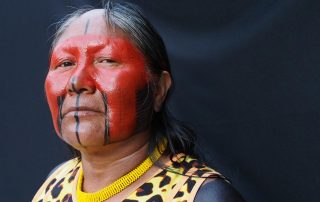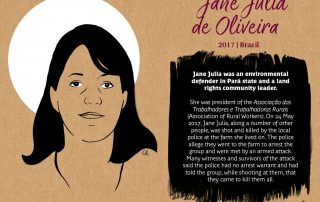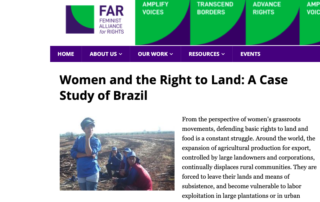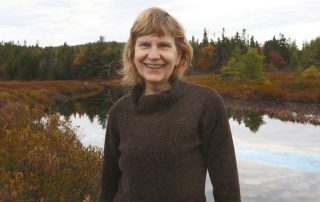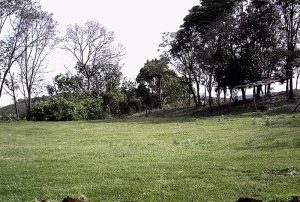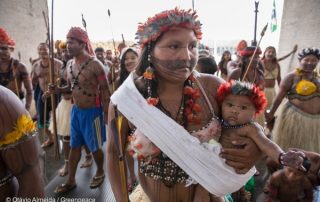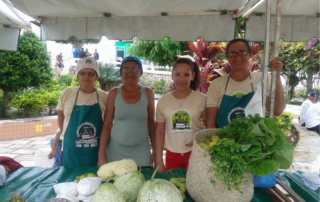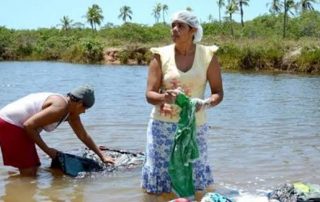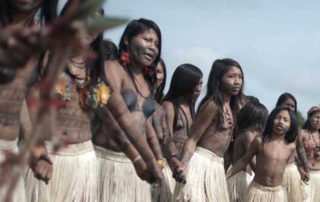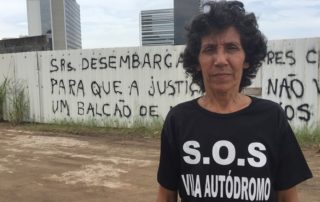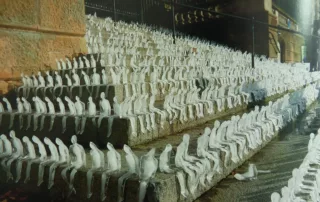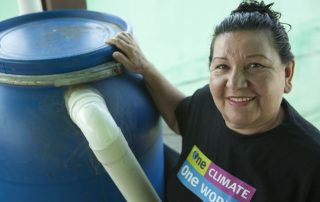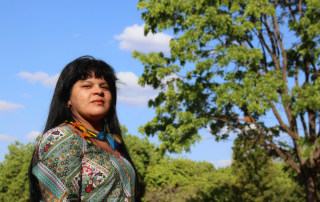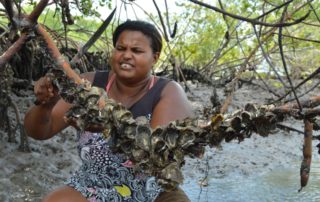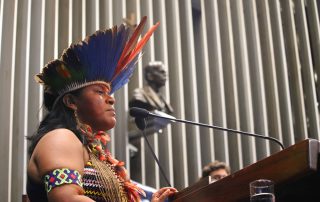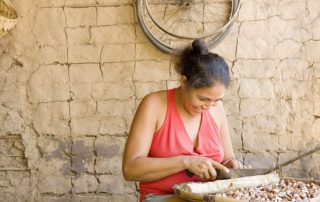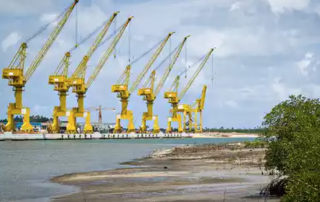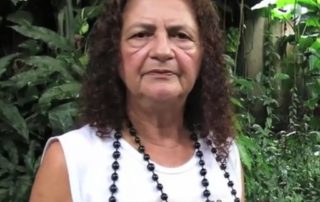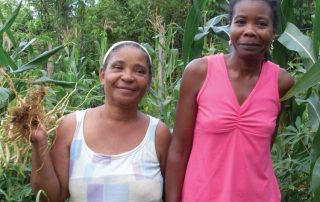Why Native Women’s Voices Are Crucial to Saving Brazil’s Forests
Cristiane Julião, an unwavering force from the Pankararu Indigenous group and co-founder of the National Articulation of Ancestral Warriors Women (ANMIGA), boldly confronts the entrenched sexism impeding environmental preservation in Brazil. Recognizing women’s critical role in defending both Indigenous rights and the land itself, Julião galvanized Indigenous women nationwide to form ANMIGA in 2015. At the groundbreaking Indigenous Women’s March in 2019, Julião stood alongside over 2,500 women from 130 Indigenous groups, denouncing rights violations and demanding recognition of their pivotal role in safeguarding cultural heritage and natural resources. As a beacon of advocacy, Julião amplifies Indigenous women's voices on the global stage, confronting institutionalized sexism within agencies like FUNAI, striving to dismantle the antiquated hierarchy that marginalizes women's contributions to land stewardship and sustainable practices. With a profound grasp of the environmental perils faced by Indigenous communities, Julião and her counterparts lead the charge for climate justice, rallying at prestigious forums like COP26. Despite shouldering the primary responsibility for land care and bearing the brunt of the adverse effects of activities like mining and logging on the environment and on the health of the community, women's endeavors are frequently thwarted by insufficient public policy. Julião's advocacy demands the inclusion of Indigenous women in policy-making to ensure practical solutions that safeguard the environment and Indigenous livelihoods. She fervently contends, the liberation of Indigenous women isn't merely crucial for environmental preservation, it's an imperative for the very survival of Indigenous cultures and territories in the face of relentless threats.


